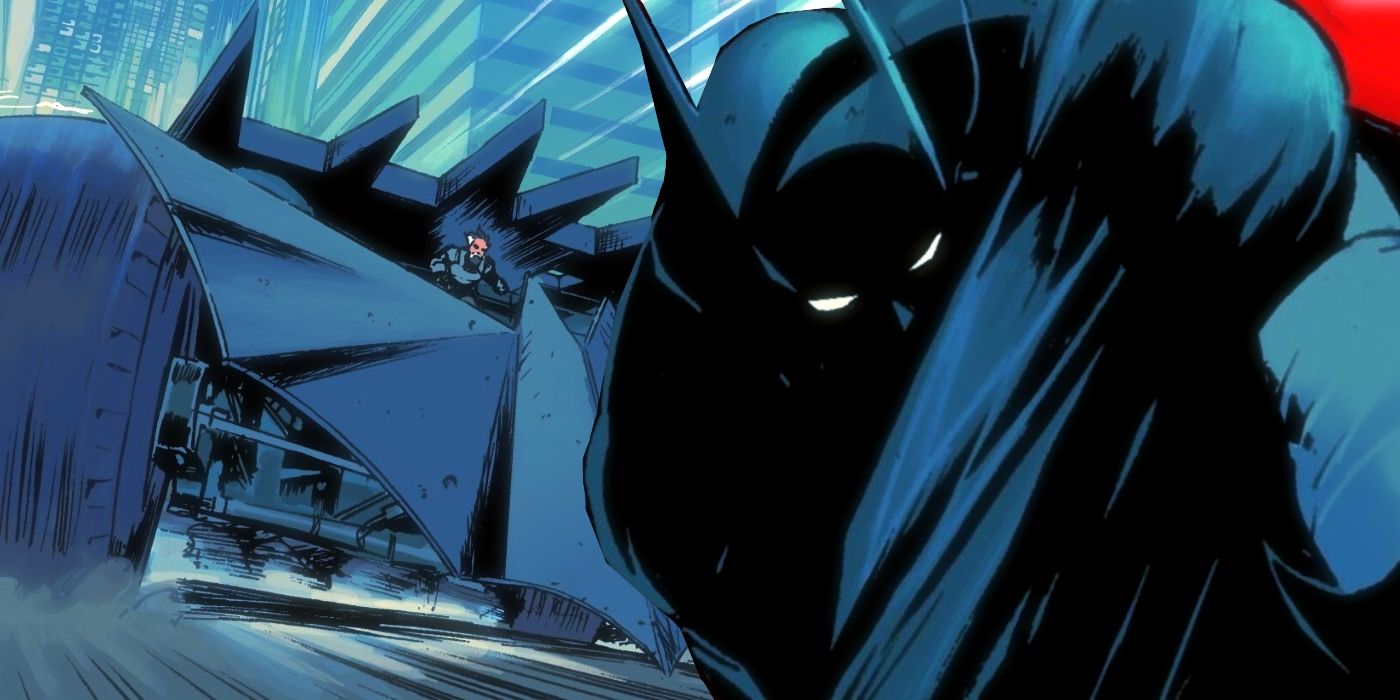The well-acted, confidently crafted indie “Scrap” probes messy family dynamics with low-key but taut acuity, avoiding the usual poles of dysfunctional-clan comedy or high drama driven by yelling matches and shocking revelations. Since premiering at the 2022 Deauville Film Festival, American writer-director Vivian Kerr’s debut feature has been kicking around the festival circuit for more than two years, in which time she’s completed a sophomore effort (period thriller “Seance”). Though she plays the leading role in both, this is no vanity project, her own character being perhaps the least sympathetic among several awkwardly interlocked lives in Los Angeles. Kerr is self-distributing this credible depiction of “hidden” homelessness and problematic sibling dependencies, which hits on-demand platforms Dec. 13.
Beth (Kerr) is introduced waking up in what turns out to be her SUV, parked on a residential street in the kind of middle- to upper-class neighborhood she doubtless thinks she belongs in — or did, until she recently got downsized out of a corporate job. Now she’s busy maintaining the outward appearance of stability, despite having since lost her home and being hounded by collection agencies. All these things have been kept secret from older brother Ben (Anthony Rapp). He’s beginning to suspect something is amiss, however, particularly since Beth has deposited her 5-year-old daughter Birdie (Julianna Layne) with him for an unconscionably long time while she’s supposedly out of town on business.
Though living in contrastingly comfortable circumstances, Ben has his own problems. An author, he’s pressured to put aside work he cares about to focus on a sword-and-sorcery fiction series that’s commercially successful, but which he finds asinine. Meanwhile, he and his wife, a lawyer named Stacy (Lana Parilla), are trying to conceive their own first child via in-vitro fertilization, and the stress of that not working out is wearing them both down. It’s not a good moment for the perpetually needy yet caustic, defensive Beth to turn up on their doorstep, requiring more of them as usual. After her car is broken into and a prospective job falls through, she makes up yet more fibs to explain why she now must join Birdy under their roof.
It takes a full hour before the truth comes out, when Ben accidentally discovers his sister’s actual employment status is “former.” But Kerr’s screenplay fills that time with interesting character details that illuminate a prickly sibling relationship without ever spelling things out too bluntly. Having lost both parents under unexplained circumstances long ago, Ben was stuck early on virtually raising his “baby sis,” a supportive role she both exploits and resents.
It’s obvious this is far from the first time she’s taxed his near-infinite patience, and some of her decision-making remains so poor, it justifies her fear of being thought of as a “fuckup,” not to mention Stacy’s overheard regard of her as a “bloodsucking vampire.” Brief, silent childhood flashbacks suggest a shared burden of great loss that remains perhaps too painful to discuss.
There’s no melodramatic hyperbole to the rocky road traveled here, which eventually ends on an upbeat note that doesn’t depend on any magic fixes, just realistically readjusted expectations. Ben and Stacy have to rethink the terms of the married life they had anticipated. Beth has to stop lying to everyone, particularly herself; her path forward may require shifting toward a lower plateau of career and economic advancement. Part of that letting go involves an ill-fated reunion with the now-repentant ex (Brad Schmidt) who fled as soon as he found out she was pregnant. There’s also the prospect of a new, working-class suitor (Khleo Thomas) she wouldn’t have even considered previously.
These personalities are all nicely drawn by the performers and writing, whose conflicts are mostly felt rather than articulated — all three main characters are the types who need to appear to be in control, no matter how damaging that deception may prove. “Scrap” has few stylistic flourishes, aside from a soundtracked spate of Tin Pan Alley songs from the 78 rpm era (apparently the dead parents’ favorites), and it soft-pedals the kind of confrontative Big Scenes such narratives usually lead toward. It’s not elliptical or impressionistic, though. The level of outward emotional expression here is simply kept at a level true to figures who may inwardly be reaching their boiling point, but are still held back by self-respect and polite manners.
This astute movie lets them work it out without much in the way of explosive catharsis. That kind of release might well do them good, but it’s not who they are, and “Scrap” provides sufficient understanding for audiences to be satisfied the siblings ultimately get where they’re going without it.









 English (US) ·
English (US) ·